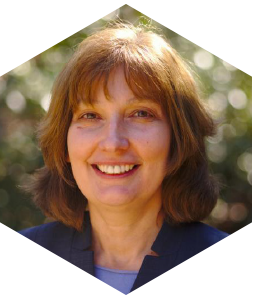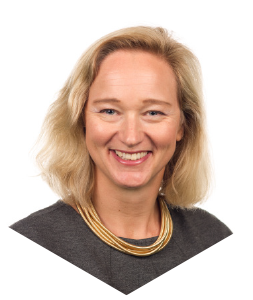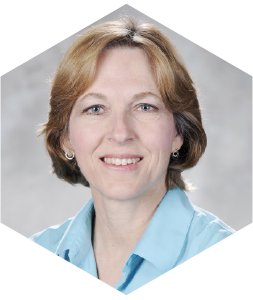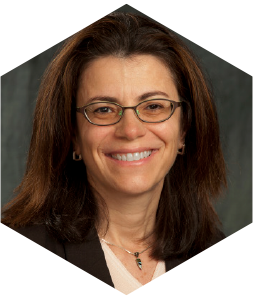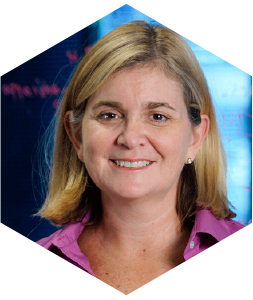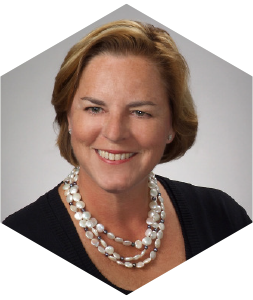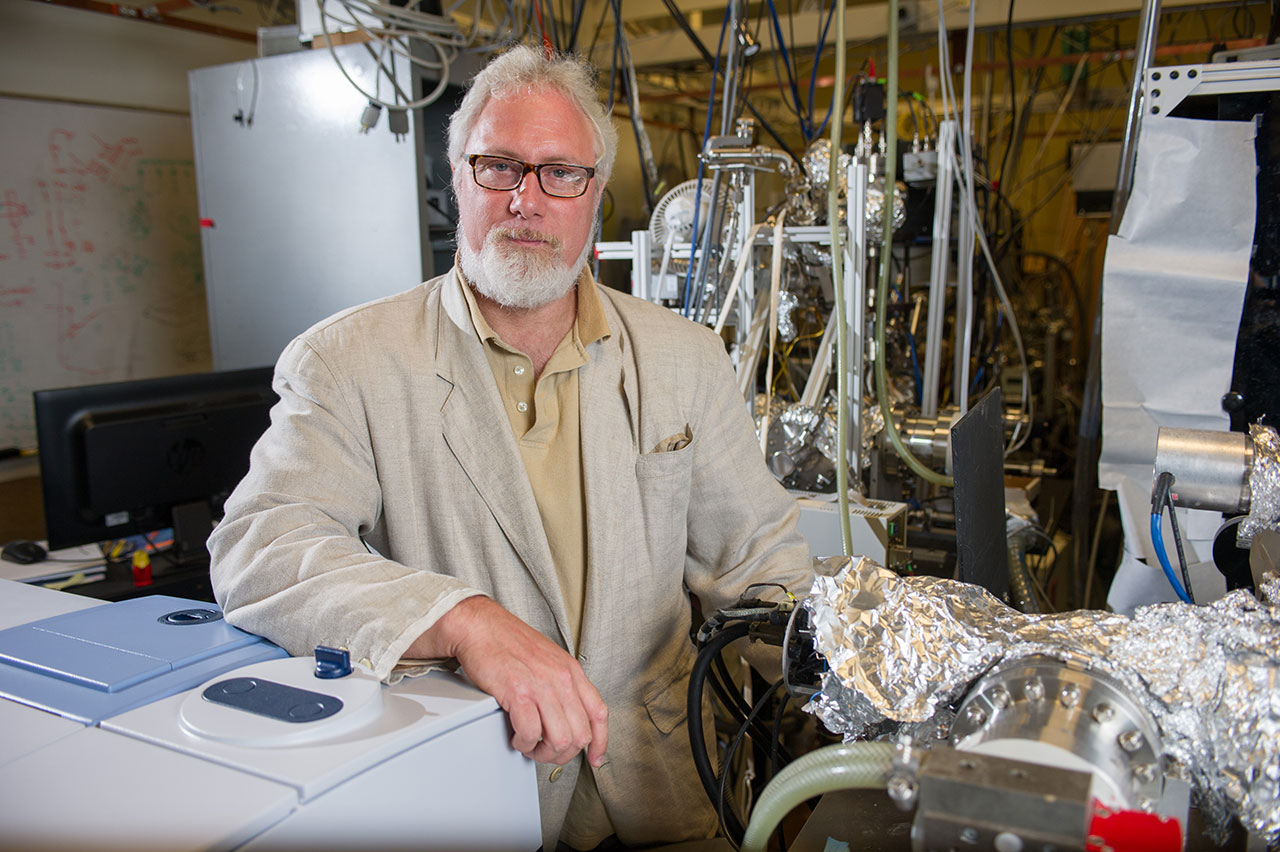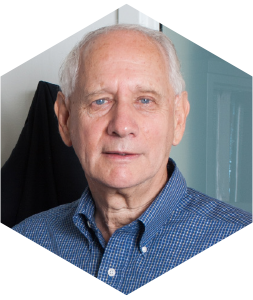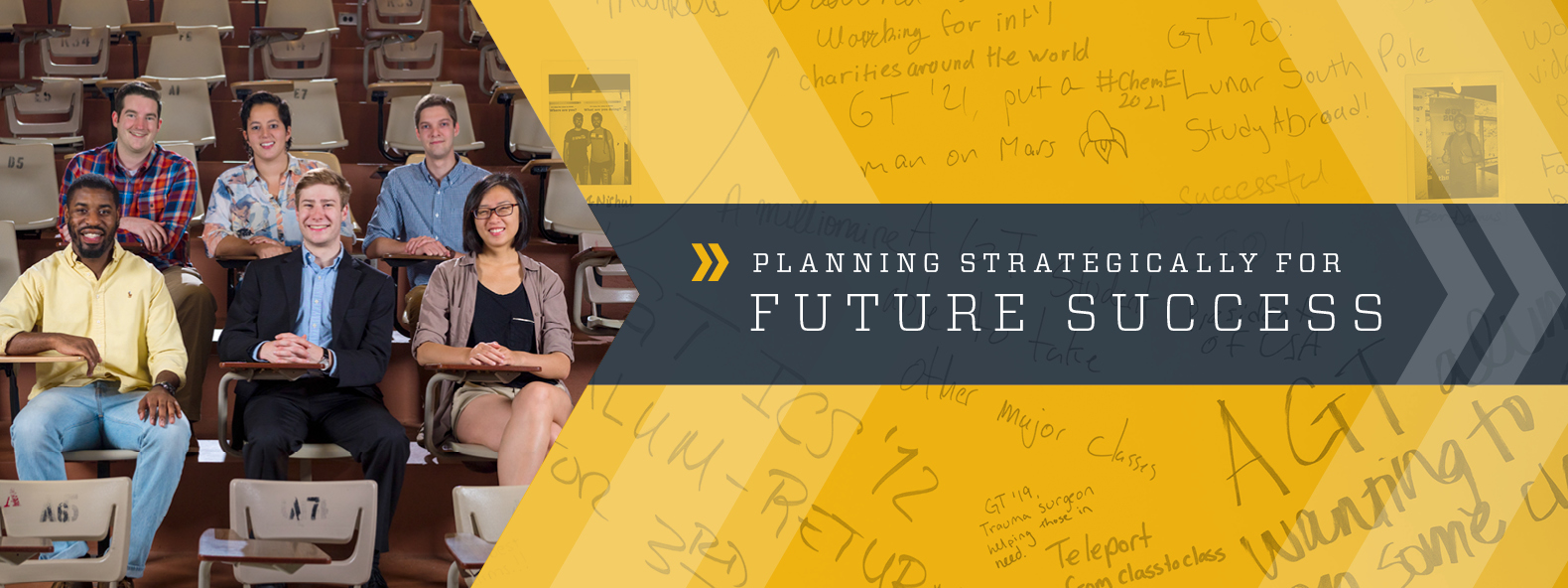
Annual Report 2017 Navigation
Planning Strategically for Future Success
Planning as effectively as possible for the success of students yet to be born is no simple task — but it is work that defines the ethos of Georgia Tech.
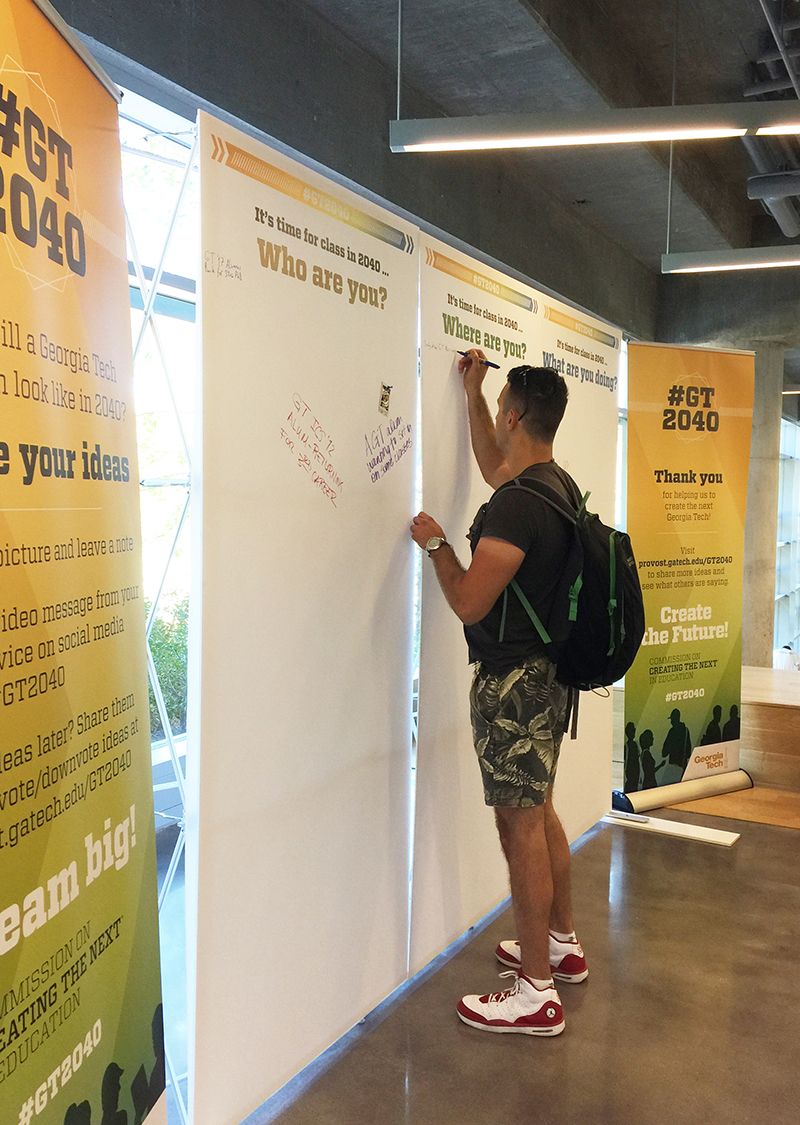
Georgia Tech students share their vision for what the Institute could and should be in 2040.
“The Commission’s role is ... to consider the ideas, experiments, and novel ways of organizing that can inform future strategy.”
‘Discovering the Drivers of Change in Higher Education’ Report
Fashioning A Strategic Path Forward
The critical work of envisioning Georgia Tech’s future and laying a foundation for long-term success was advanced significantly this year.
The Commission on Creating the Next in Education (CNE) — launched by Provost Rafael L. Bras in fall 2015 to explore education innovation — is an initiative of the Educational Innovation Ecosystem, a coordinated effort of Institute units dedicated to the adoption of new and innovative educational methodologies. Through a multi-phased approach, CNE is looking at the Institute’s current methodologies and approaches, benchmarking best practices in higher education (including issues of delivery and accessibility), and making recommendations for a plan that will maximize Georgia Tech’s strengths, and position the Institute as a transformational leader amongst research institutions.
CNE has released “Discovering the Drivers of Change in Higher Education,” the first in a series of reports that will provide a window into the Commission’s findings and activities.
“The mid-21st century is well beyond Georgia Tech’s current planning horizon,” the report’s executive summary states. “The Commission’s role is not to engage in premature planning but rather to consider the ideas, experiments, and novel ways of organizing that can inform future strategy. CNE will develop roadmaps that describe the events and forces that led Georgia Tech to its current point and peer into possible futures for the Institute and higher education in general.”
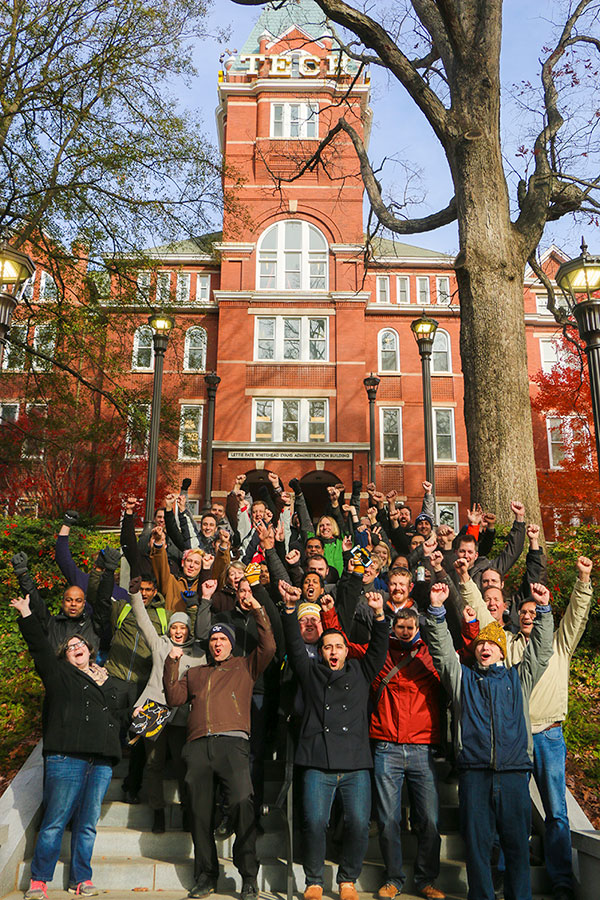
For the first time, the graduating class of the Online Master of Science in Computer Science (OMS CS) program was honored during last fall's Commencement weekend with a reception at The Biltmore and a campus tour.
Expanding Role of Online Learning
The phenomenal success of Georgia Tech’s Online Master of Science in Computer Science (OMS CS) program — launched in January 2014 — continued last year with the total number of graduates approaching 500. For the first time, OMS CS graduates were honored during Commencement weekend with a special reception at The Biltmore and a campus tour designed just for them.
“I’ve been doing this program for two-and-a-half years, and I’ve been waiting for an opportunity to meet the people and professors and teaching assistants,” said fall 2016 graduate Pramod Recard, who traveled all the way from India to don his gown and mortarboard. “Getting to do this after so long, and seeing the beautiful Georgia Tech campus, is a really nice experience.”
Augmenting the OMS CS is a new OMS in Analytics degree initiated in fall 2017. The new degree program — offered at a quarter of the cost of the Institute’s on-campus program — is being delivered in collaboration with edX, the leading nonprofit provider of Massive Open Online Courses (MOOCs).
The top 10-ranked analytics degree program is an interdisciplinary collaboration between Georgia Tech’s College of Engineering, College of Computing, and Ernest Scheller Jr. College of Business.
Annual Report 2017 Navigation
(text and background only visible when logged in)

